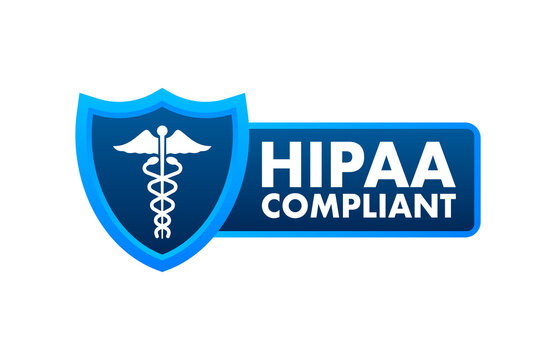Picture this: It’s the middle of cold and flu season, and everyone around you is sniffling, coughing, and looking miserable.
Your coworker just called in sick, your kids are bringing home every bug from school, and you’re desperately trying to avoid becoming the next victim. But you’ve heard conflicting advice about when to get your flu shot, and now you’re totally confused.
Good news: Timing your flu shot isn’t rocket science. In fact, with a few simple tips, you can protect yourself and your family like a pro. We’re about to break down everything you need to know about getting the perfect flu shot at just the right moment.
Table of Contents
ToggleWhy Timing Matters More Than You Think?
Let us discuss something that flu vaccines shot most people overlook: timing. It’s not just about getting the shot-it’s about getting it at the right moment.
Your immune system is like a training camp in your body that needs time to prepare for the kind of viral onslaught that happens every winter. The flu vaccine isn’t an instant shield; it’s more like a strategy that needs a couple of weeks to build up full protection against the coming influenza virus.
The Golden Window: When Doctors Recommend Getting Vaccinated
So, when should you roll up your sleeve? For most people, late September to October is Vaccination Sweet Spot. Here’s why: the flu starts its annual October-to-April run in October. If the flu virus follows its usual schedule this year, it will begin to circulate in October and will be at its most potent in January.
If your vaccination doesn’t start working until the middle of October, you’re already two weeks behind on staying ahead of the power curve on the potent half of the flu’s annual run.
You May Like: When Should I Seek Urgent Care For A Rash?
Special Considerations for Different Age Groups
Not everyone’s vaccine strategy is one-size-fits-all. Infants, seniors, and individuals with certain health conditions might necessitate a slightly different approach. In general, older adults have less strong immune responses than younger people, so they might get better protection if they receive higher-dose or adjuvanted vaccines.
Young children might need a two-dose series if it’s their first season getting the flu vaccine. Persons with chronic health conditions should consult their healthcare providers about the most effective vaccination strategy for their specific situations.
What If You Miss the “Perfect” Timing?
If you didn’t get your shot in October, don’t panic. Most people don’t realize this, but getting vaccinated after October can still be beneficial. The flu usually hits its peak between December and February, so getting vaccinated in November or even December is still a good idea.
It’s like coming to a party late-you might miss the first dance, but you can still enjoy the rest of the night, and chances are the vaccination will help ensure the rest of your immune system will enjoy the night as well.
Bonus Tips for Maximum Protection
Receiving the vaccination is a key component of remaining in good health. You can consider it your first line of defense against the flu virus. But it certainly shouldn’t be your only strategy for maintaining a robust immune system. Aim for a minimum of seven hours of sleep each night and make sure it’s high quality.
Consume a diet that is well-balanced and replete with fruits and vegetables. Keep your stress to a manageable level. And for Pete’s sake, do not forget the basics of personal and environmental cleanliness.
Handwashing, close avoidance of sick people, and just general staying-home-when-you’re-sick advice are still paramount sickness-avoidance strategies.
If you’re looking for expert flu care, visit Insight Urgent Care or check out our convenient location.
Expert Advice
You may think that, now vaccinated, your body’s defenses are invulnerable. But that’s not the case. It’s like having a super-good security system for your house-tremendously helpful but not an all-inclusive reason to let your guard down.
You have to pay a little bit of attention to your health, use some common sense, and not brush off any weird feelings in your body that crop up after you’re fully vaccinated.
Conclusion
Your health is too important to leave to chance. While timing matters, the most important thing is actually getting the flu shot. Don’t overthink it-talk to your healthcare provider, find a convenient location, and protect yourself and your loved ones.
Pro Tips for Your Flu Shot Journey:
- Check with your local pharmacy or healthcare provider for availability
- Most insurance plans cover the flu shot completely
- Consider getting vaccinated during a routine doctor’s visit to make it easier
Remember, a few minutes getting a flu shot could save you days of feeling terrible. It’s totally worth it.



